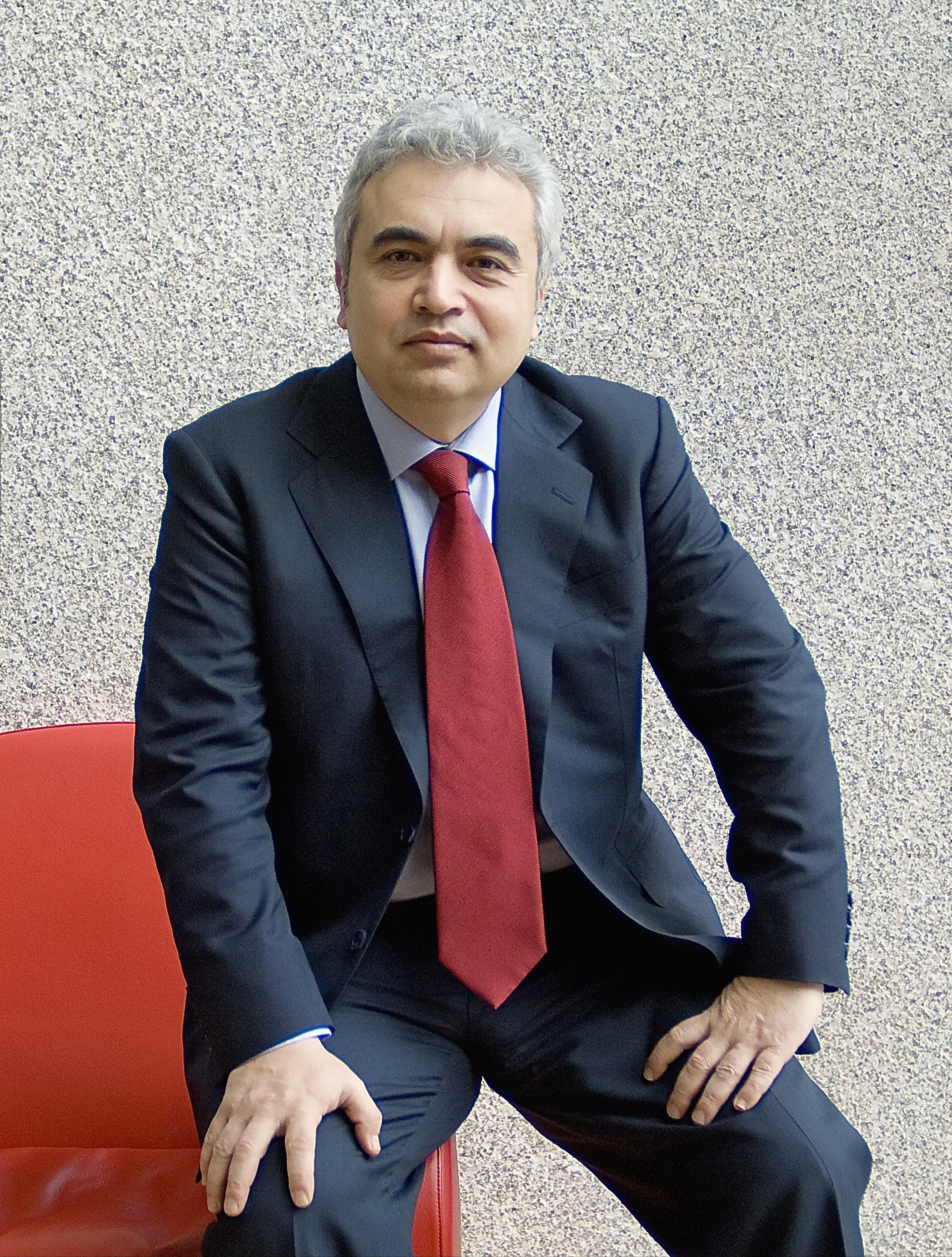We need a universally accepted definition of reserves reporting.

"Fatih Birol", Order of Merit of the Italian Republic/OMRI, Order of the Rising Sun/Rising Sun 1st class, Order of Merit of the Federal Republic of Germany/Verdienstkreuz 1. Klasse, born 22 March 1958, in Ankara, is the Chief Economist and Director of Global Energy Economics at the International Energy Agency in Paris. He is responsible for the IEA’s flagship World Energy Outlook publication, which is recognised as the most authoritative source for strategic analysis of global energy markets. He is founder and chair of the International Energy Agency/IEA Energy Business Council which provides a forum for cooperation between the energy industry and policymakers.
Birol has been named by Forbes magazine among the most powerful people in terms of influence on the world’s energy scene. He is the Chairman of the World Economic Forum (Davos) Energy Advisory Board and a member of the UN Secretary-General's 'High-level Group on Sustainable Energy for All.'
He is a frequent contributor to print and electronic media and delivers numerous speeches each year at major international summits and Peace conference/conferences.
More Fatih Birol on Wikipedia.We expect CO2 emissions growth in China between now and 2030 will equal the growth of the United States, Canada, all of Europe, Japan, Australia, New Zealand and Korea combined.
What happened between Russia and the Ukraine will be an important wakeup call for Europe and countries that were thinking of leaving nuclear aside.
If this year's average oil price hits $50, then this will slash 0.8 percent of the world economic growth.
The issue in the oil business today is not the reserves but the money, the investment decisions, the investment climate.
It's not about rocks or about reserves, it's about investment policy.
If these countries do not increase their investments substantially, we will end up with difficulties on the energy markets. We may end up with much higher prices.
The oil infrastructure is robust enough to deal with a 5% cut in supply.
If investments do not come in a timely and sufficient manner, there will be higher oil prices, and global economic growth will suffer.
Copyright © 2024 Electric Goat Media. All Rights Reserved.